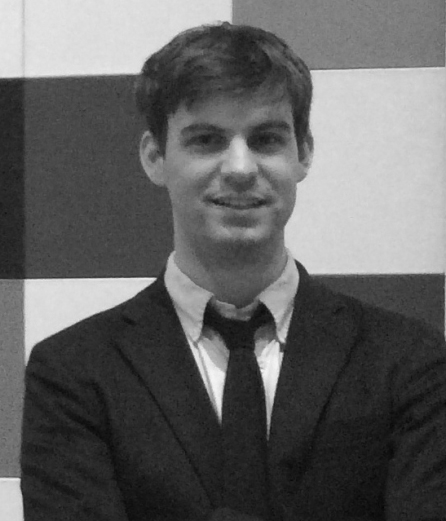Speculative Realism Accelerationism and Aesthetics
Fri, Mar 27, 2015
10:00 AM–6:00 PM
Room C198

In a global context of financial speculation, data circulation, ecological catastrophe and political paralysis, speculative realism and accelerationism have emerged as significant challenges to modes of thought and action grounded in the experience of human subjects. By focusing on ontology rather than epistemology, speculative realists consider modes of existence and agency of things beyond anthropocentric frameworks. Accelerationism refuses nostalgic modes of Leftist resistance to imagine the progressive potential hidden within capitalist technologies that appear to shatter traditional forms of identity.
Join us for a conference featuring artists, curators, and scholars to examine the implications of accelerationism and speculative realism for artistic and curatorial practice, as well as the opportunities and limitations of non-anthropocentric aesthetico-critical strategies.
(Space is limited. Please arrive early; seating is first come, first served.)
Conference Schedule
9:30–10:00 Coffee
10:00–10:15 Introduction
10:30–12:30 Presentations by Liam Considine, Yates McKee,
and Sam Sackeroff (Introduction: Jonathan Patkowski)
12:30–1:30 Lunch break
1:30–2:30 Conversation with Miguel Abreu
and Margaret Lee (Moderator: Matilde Guidelli-Guidi)
2:30–3:30 Conversation with Kerstin Brätsch, John Miller
and Anicka Yi (Moderator: David Joselit)
3:30–4:00 Afternoon break
4:00–5:00 Keynote Lecture I: Anselm Franke (Introduction: Jonathan Patkowski)
5:00–6:00 Keynote Lecture II: Jane Bennett (Introduction: Sydney Stutterheim)
Participants
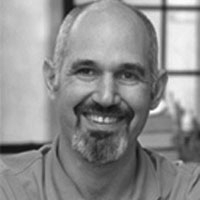
David Joselit
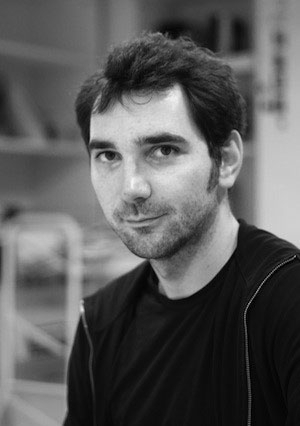
Anselm Franke
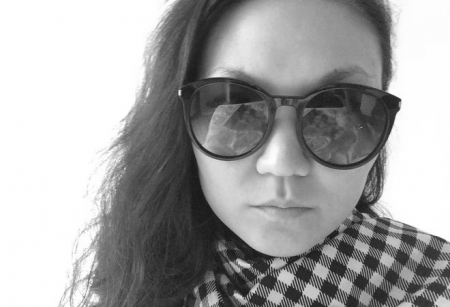
Margaret Lee
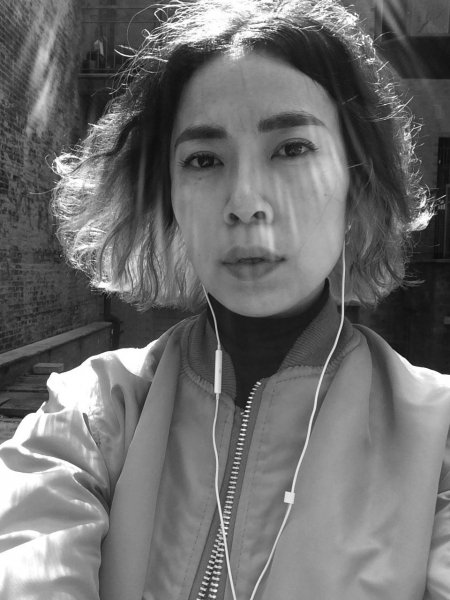
Anicka Yi
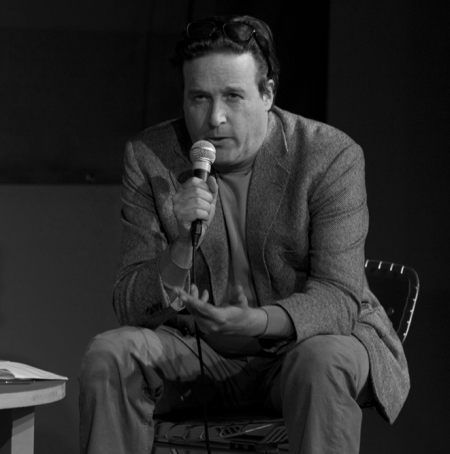
Miguel Abreu
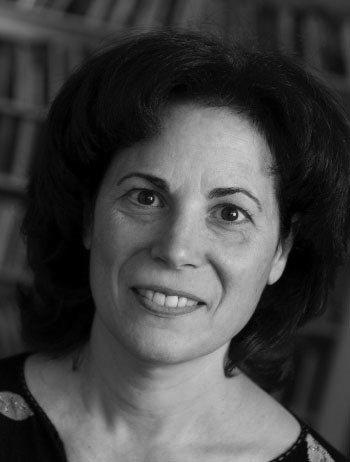
Jane Bennett
John Miller

Yates Mckee
Climate Action Lab Fellow
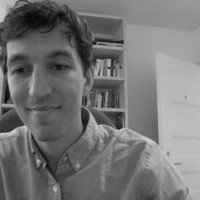
Liam Considine
